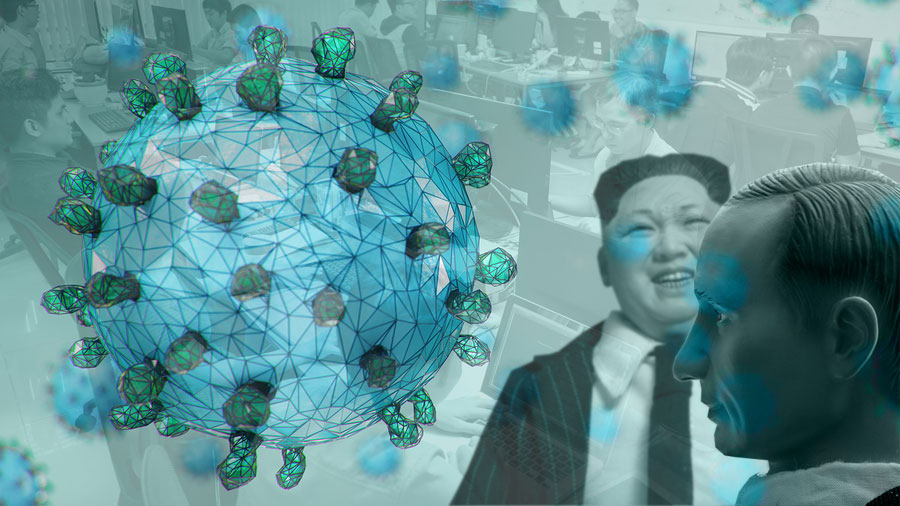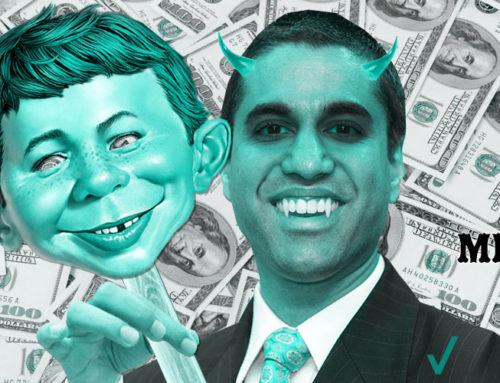Who’s Manning the Watchtower During Covid?
Right now, there is a lot of focus and confusion around the coronavirus and its rapid spreading. Interpretations on where this is heading range from doomsday scenarios to the common cold.
On March 10th, Dr. Drew Pinsky says, “Don’t Panic” the Coronavirus is a “little outbreak” and that we should be way, way, way more worried about the common flu.
On March 11th, WHO classified the spreading of this virus/disease as a pandemic.
On Mar 12th, Trump reiterated his statements from Feb 28th that “It’s going to disappear. One day, it’s like a miracle, it will disappear.”
On March 17th, The NY Times published an article drawing comparisons to the Spanish Flu of 1918.
On March 18th, Governor Polis signed an executive order suspending in-person learning at schools until April 17th across the state of Colorado.
Currently, there is a rumor/discussion that there will be a work from home requirements happening in the state of Colorado soon.
This means everybody’s lives will change very soon, very rapidly, and in a dramatic way.
Meanwhile, way back in 1987… there was a book published by Tom Peters called, “Thriving on Chaos.” This book was focused on management evolution at companies and how they need to evolve to keep up with their consumer base… but this book had some fundamental insights that go beyond consumerism: chaos creates change and distraction; taking advantage of these changes and leveraging uncertainty means that chaos can be viewed as a competitive advantage and should be embraced and not ignored.
Who’s watching the cyber wall?
That’s why we are wondering, “Who’s watching the cyber wall?” As American children are having an extended spring break, and there’s talk about mom and dad joining them… That will shift everything that the Telcom companies have spent the last – oh, let’s just say ALWAYS – working on patterns for day-parting, throttling, and adjusting bandwidth and cell coverage based on where people are physically located.
As more and more (actually, as “everyone”) will be doing all of their personal and business online consumption at home, how will the networks adapt?
As employees are required to either take their computer home or RTD into their work machine – how prepared are their companies to accommodate this?
Our expectation is that the big companies will largely be okay. As well as companies that have been accommodating and early-adopters when it comes to working from home… but there are 30.2 million small businesses in the United States that will likely fall into the *shrug*-“dunno” category.
Combine this sudden work-from-home possibility with the loss of net neutrality and say, “hell-o firecracker!”

Don’t Worry, Everything is Fine – Please Ignore the Flames
While there are no previous signs that the post-net-neutrality Telcom’s will uses chaos a chance to push people to higher data plans and pay more for service… Except, when they did that to the firefighters in California and mobile subscribers… And there shouldn’t be a concern the Telcoms will use this chaos to push their digital properties over their competitors. Except, when they did that to Microsoft and Netfilx… There should still be a concern over cybersecurity in general.
An anticipated blind race by many companies to monetize, establish market share, and take advantage of this crisis actually has quite dangerous implications in terms of setting a foundation for a post-COVID-19 world. However, this is only secondary in terms of potential threats that this pandemic may produce. The bigger problem right now is how foreign countries with their own agenda can take advantage of this chaos.
A lot of previously-locked doors have been opened. Telcoms can freely control what content users see, sell more user data than ever before to the highest bidder, and – with the continuous improvement of deep fakes and A.I. – spear phishing is able to be scaled to the level of blast phishing. It used to take a human being’s time to research, study, and manually try to take advantage of unsuspecting people and their finances. Now, this can all be automated and executed with AI.
Hopefully, our government and our leaders will be able to navigate this potential crisis with clear communication and a strong, two-prong game plan that allows us, as citizens, to stay safe from foreign interference as well as keep our economic structure a fair and open marketplace.


